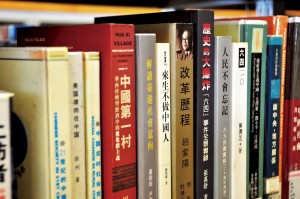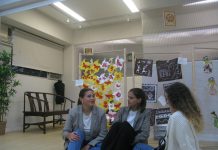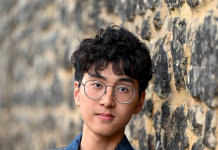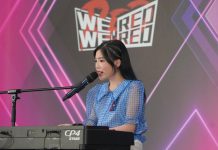Jerry says Hong Kong’s vibrant media environment has equipped him with greater knowledge with which to analyse political issues critically in recent years. “For example, in the Occupy Central movement, many of my classmates [in the Mainland] look at the matter from the “one country” perspective, but I will look at it from the “two systems” perspective,” he says.
His friends in the Mainland view the issue from the perspective of China’s governance and do not understand why Hongkongers are so keen on demanding democracy, but Jerry tries to explain the issues from Hongkongers’ points of view. He explains about the need for democracy in Hong Kong and the perceived distrust between the Leung Chun-ying government and citizens.
“I’ll try to be a communicator, sharing Hong Kong’s news and bringing the other side of information to my friends in the Mainland. I hope to influence them, just as Hong Kong’s media has influenced me before,” says Jerry.
A relatively free and open media environment may provide the resources for people to rethink and change their political stance, but changes are not guaranteed. Steve Guo Zhongshi, professor in the Department of Journalism at the Hong Kong Baptist University (HKBU), says people do not just passively receive information from the media, they also actively choose the media that aligns with their stance.
Guo, who teaches China reporting and mass communication, says that whether the Hong Kong media can influence Mainlanders’ political views will depend on whether they pay attention to politics in the first place. However, media censorship can and does contribute to political apathy among young people in China. “Many people, especially the younger ones, care little about politics because it is useless. It does not change anything. It is this political apathy that leads to teenagers not usually talking about politics,” says Guo.
As for those who are more curious and interested in social issues, they may interpret and analyse what they receive from the media, but this does not necessarily lead to an obvious change of political stance.
Tony (who does not wish to disclose his full name) is a case in point. The 22-year-old from Guizhou is studying risk management at the Chinese University of Hong Kong. Before he came to Hong Kong four years ago, he paid little attention to politics because of his heavy school workload.
In Hong Kong, he began to read books that are banned in the Mainland and to develop his own judgement on political and social matters. Tony prefers books and academic journals to reading and watching daily news reports because he thinks they are more objective. “News is biased, the stance of the newspaper determines their opinion, they [journalists] can write whatever they want,” he says.






































